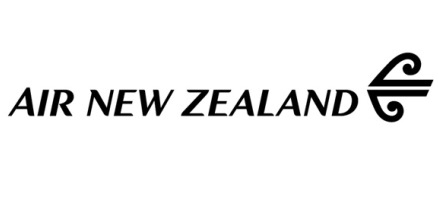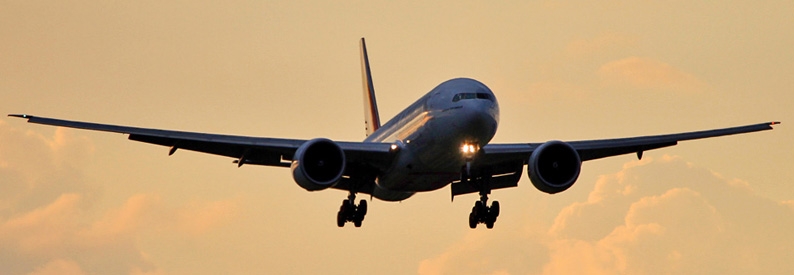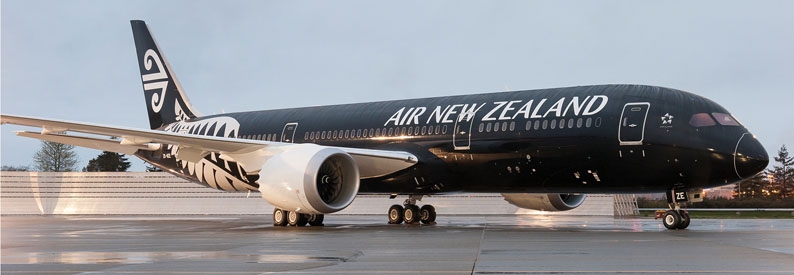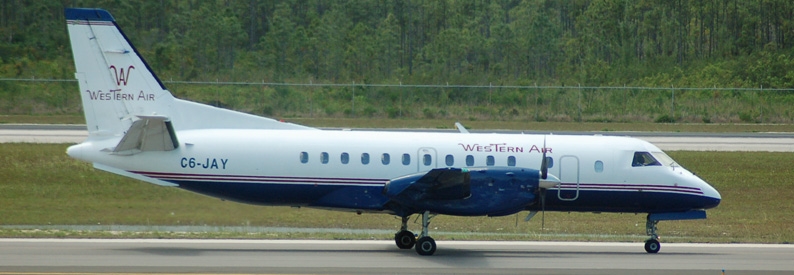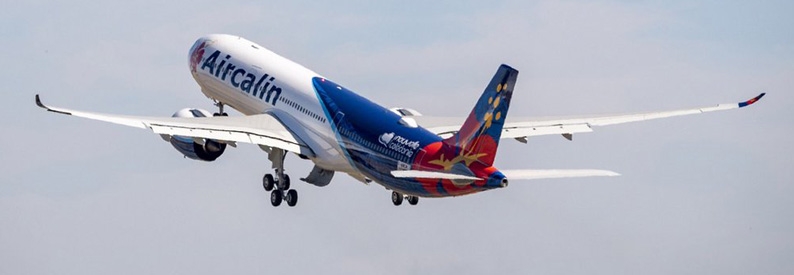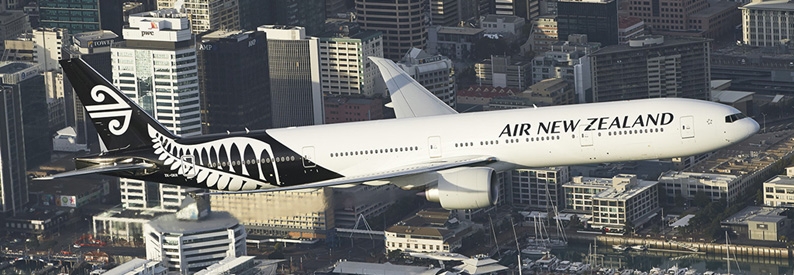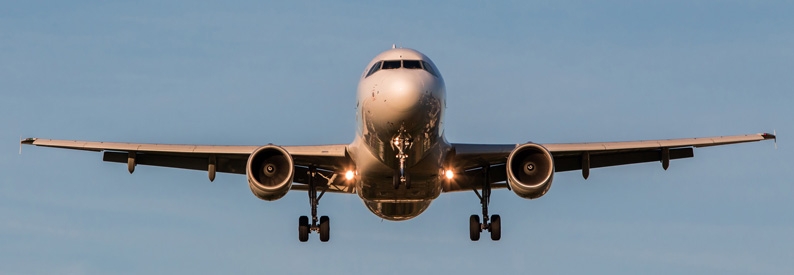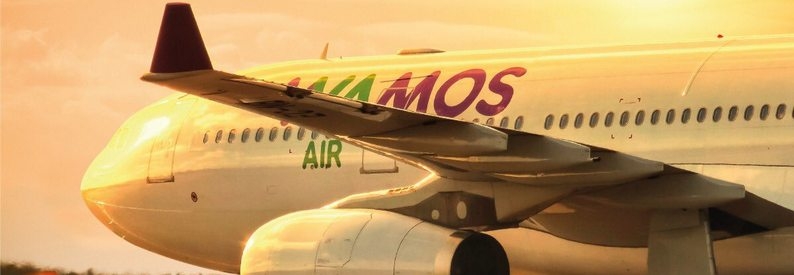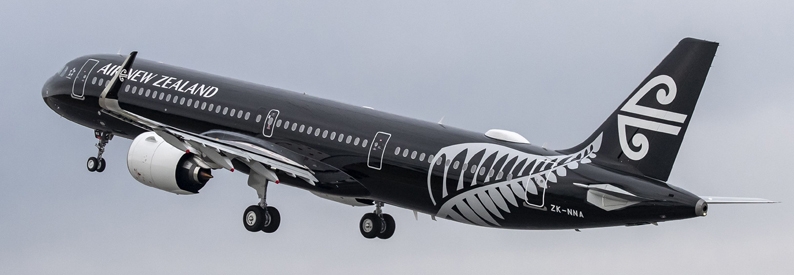Air New Zealand (NZ, Auckland International) expects to complete the checks and repairs of its Rolls-Royce Trent 1000 engines within the next 12 months. Meanwhile, the carrier will reduce the frequency of flights to each of Buenos Aires Ministro Pistarini and Taipei Taoyuan, and will seek to retime its operations at Tokyo Haneda in order to free up aircraft for other services and avoid unplanned cancellations.
"We were recently notified that there is likely to be a delay in getting some of our engines back. Just to be clear, the delay is not in relation to any new technical issues, rather it is because the timing of the engine maintenance program has shifted. We have therefore taken proactive steps to modify our schedule to give greater schedule reliability to our customers," CEO Christopher Luxon said during the annual investor call.
The schedule changes will effectively free up two aircraft for other routes.
Air New Zealand will also continue to dry-lease aircraft for its upcoming summer peak during the Winter 2018/19 IATA season.
"We deployed waitlist aircraft over the past summer peak season as well as in May and June, as we are determined to keep our customers moving. Now going forward, we're introducing three dry-leased aircraft as a temporary measure to support our network while we continue to work through the engine maintenance schedule," Luxon said.
The airline has already dry-leased a B777-200(ER) from Singapore Airlines in the form of ZK-OKI (formerly 9V-SKL, msn 32336) and a B777-300(ER) from EVA Air in the form of B-16717 (msn 32644), re-registered as ZK-OKT. The third dry-leased aircraft is to be a B777-200. Air New Zealand did not respond to ch-aviation's question about the source of the unit.
Air New Zealand is one of many carriers globally affected by the technical issues with the Trent 1000 engines installed on the Boeing B787 Family jets. According to the ch-aviation fleets module, currently one out of the carrier's eleven B787-9s is grounded.
